Election is the process by which people vote for the candidate or proposal of their choice. The basis of democratic government is that citizens have the right to choose the officials who will govern and represent them. Elections thus rank as one of the most important political activities. Elections also serve as a means of peacefully transferring power from one person or group to another.
Democratic countries hold free, fair, and competitive elections to select elected representatives. Experts often analyze the nature and quality of elections as one characteristic of democratic control. However, other countries may include the words democracy or republic in their name without allowing free, fair, and competitive elections. The only candidates allowed on the ballot are those approved by the leaders or by a single political party. In such countries, elections are held for propaganda reasons and to demonstrate popular support for the government.
In addition to public elections, nongovernmental elections are also held to select the officials of many organizations. Labor unions, social clubs, and the student bodies of schools hold elections to select their officers.
Elections in a democracy
Election procedures differ from country to country. However, there are common principles that characterize elections in democratic nations. In the United States, Canada, and other democratic countries, nearly all adult citizens can vote. Those not permitted to vote include noncitizens, such as resident aliens who live in the United States on a permanent basis; certain criminals; and people with severe mental illness or intellectual disability. Citizens vote by secret ballot so that they can vote without fear of how others will react. The mass media—which include radio, television, magazines, and newspapers—freely discuss the candidates and issues. 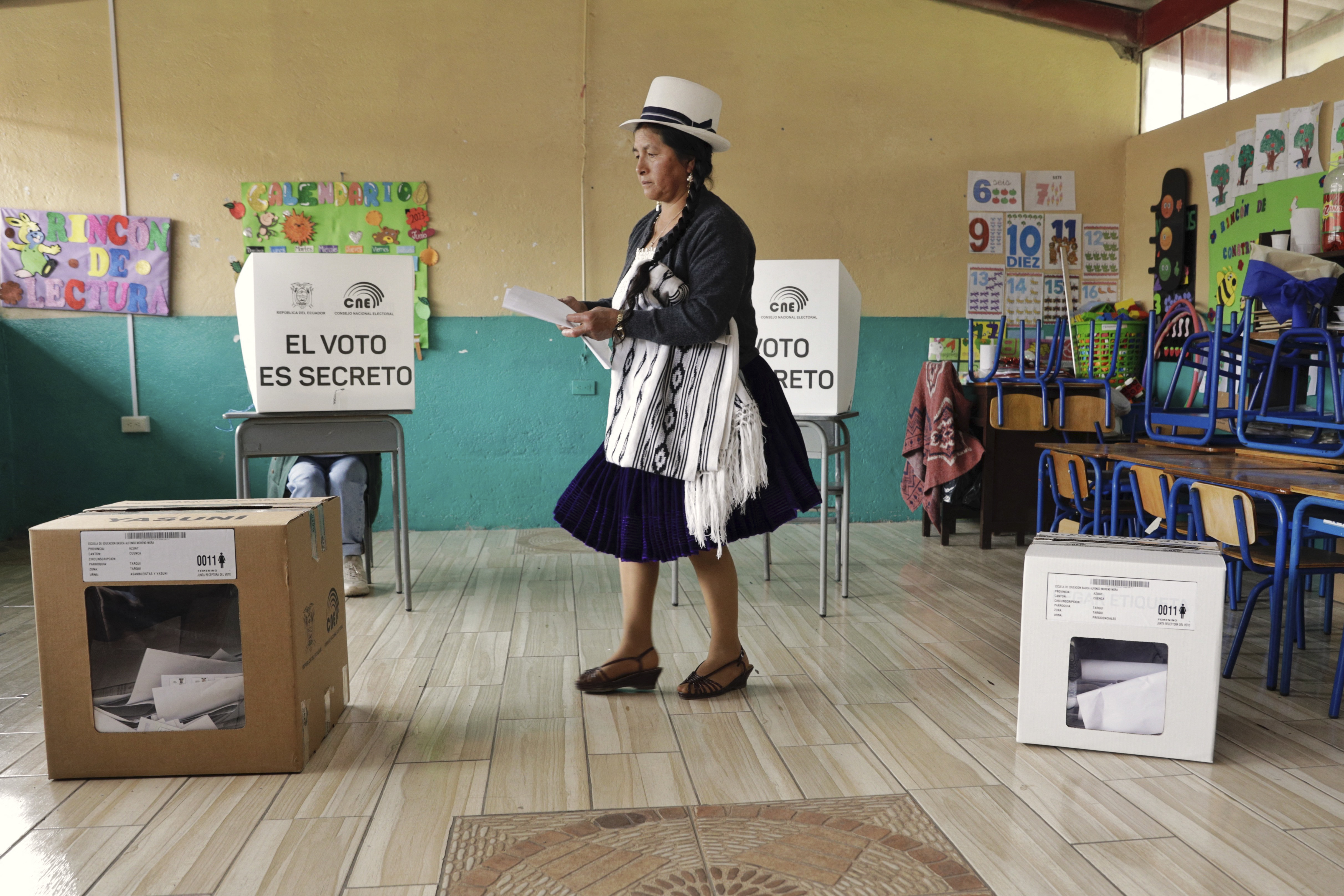
The rapid expansion of social media in the early 2000’s brought about great changes in the transmission of political information—and misinformation—that voters rely on to make informed voting decisions. In the United States and many other countries, nearly all political candidates for major offices maintain active websites and a social media presence to provide information, advertise their campaign, and raise campaign funds.
In most democratic countries, political parties select candidates for public office and propose public policies. However, in some countries and in parts of the United States, local elections are nonpartisan—that is, candidates appear on the ballot without party identification. 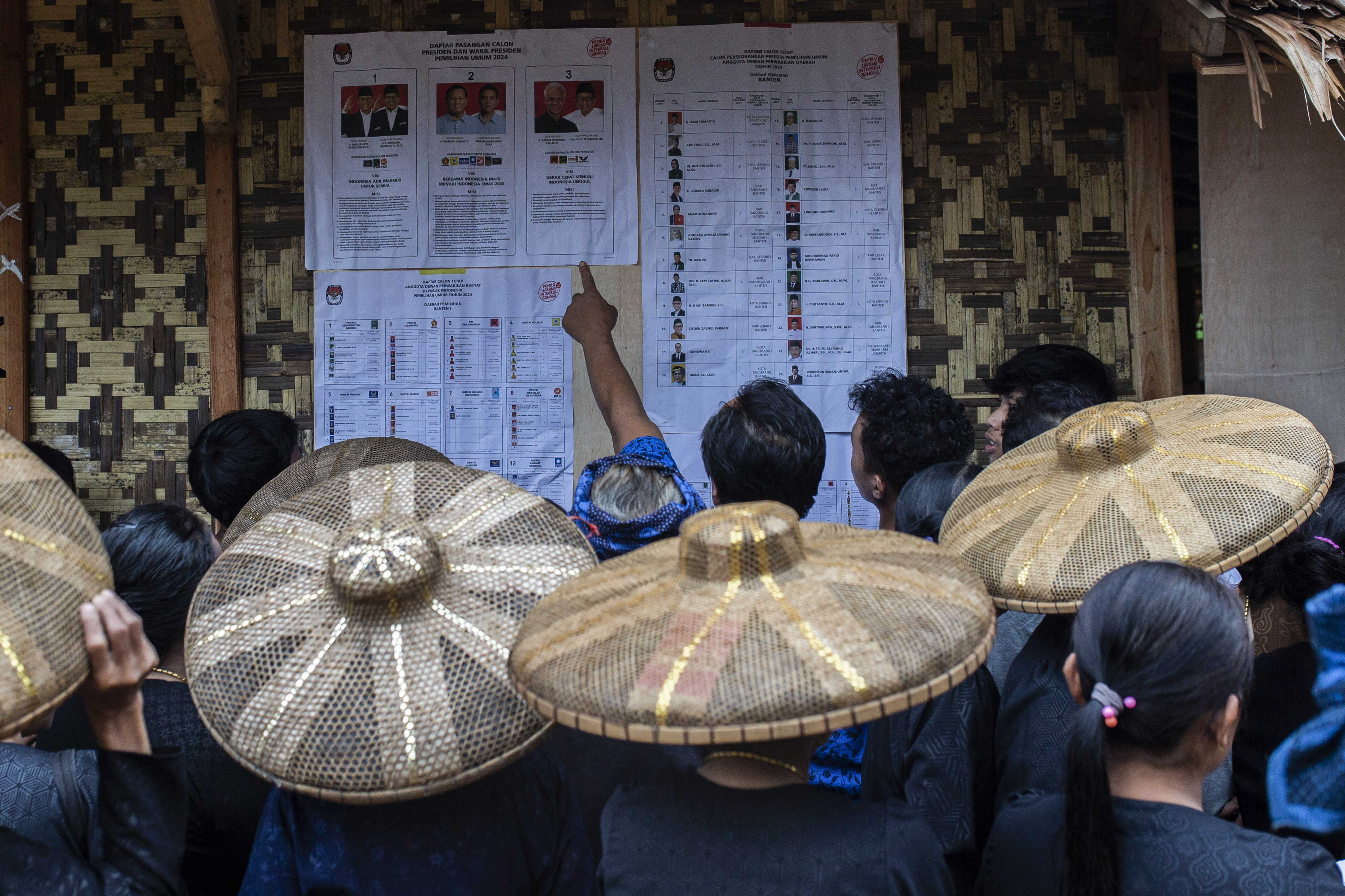
Voters elect officials by either direct or indirect elections. In direct elections, the people themselves vote for public officials. In the United States, for example, citizens vote for members of Congress and for state and local officials in this way. In indirect elections, people elect representatives called electors to choose public officials. The president and vice president of the United States are chosen through an indirect election. The voters of each state select electors, who make up the Electoral College. The electors, in turn, choose the president and vice president based on the popular vote in the states they represent.
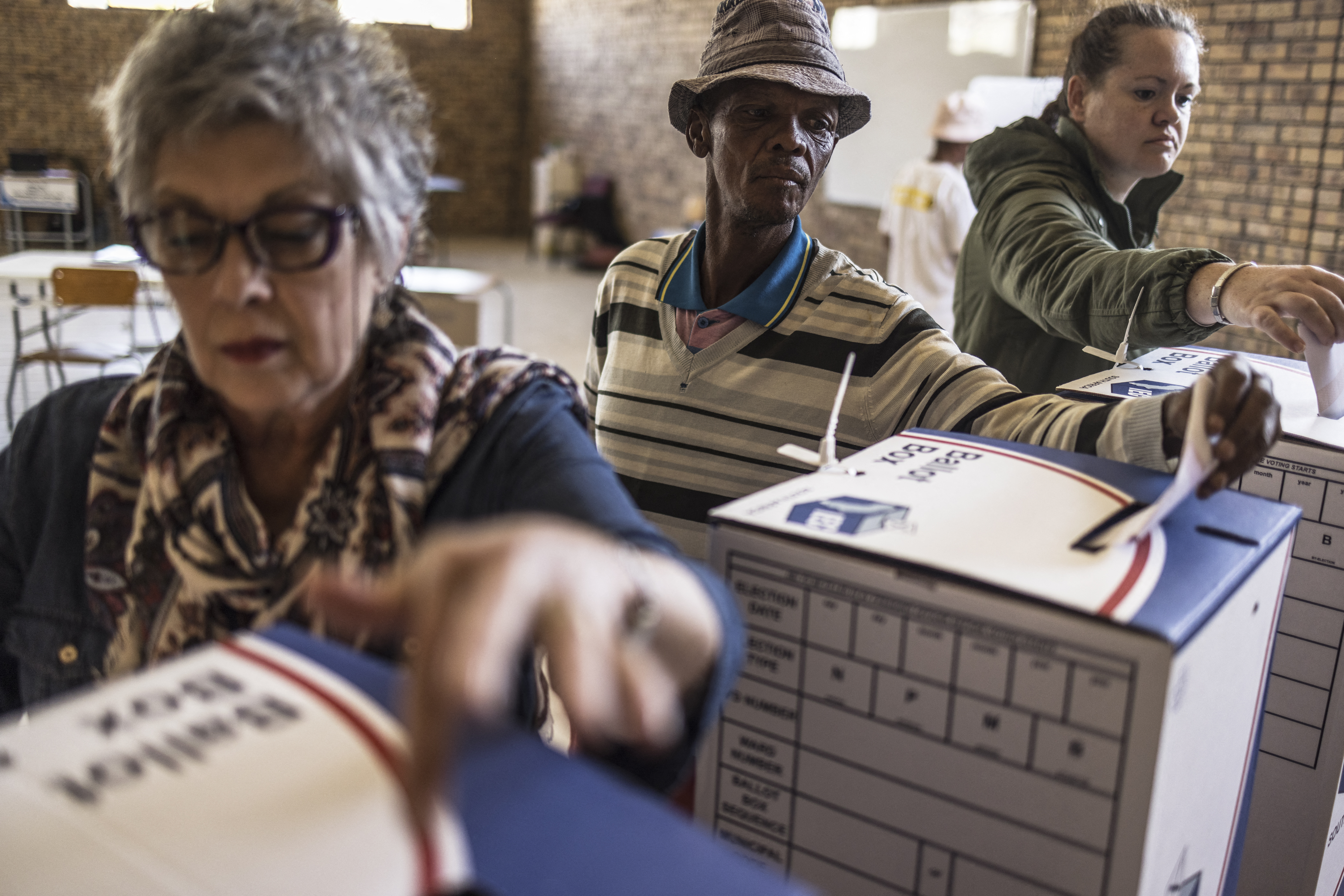
Under a parliamentary system of government, also called a cabinet system, citizens elect members of the legislature. The head of state—the king or queen of a monarchy or the president of a republic—then selects a prime minister from the members of the legislature. Australia, Canada, and certain other Commonwealth nations regard the British ruler as head of state. In such nations, the governor general makes the appointment, acting as the representative of the monarch. In most countries, the head of state can appoint only the leader of the majority party in the legislature or the head of a coalition of parties. See Cabinet (The cabinet system of government).
Elections in the United States
Election regulations.
The Constitution of the United States requires that a congressional election be held every two years. At that time, voters elect all the members of the House of Representatives for a two-year term and about one-third of the Senate members for a six-year term. The Constitution also requires the election of a president and a vice president every four years. Federal law states that national elections are to be held on the first Tuesday after the first Monday of November.
State laws regulate all elections, including national and local ones. Such laws establish the eligibility requirements for state officials and the date on which state and local elections are to be held. They also establish the qualifications for voters. Voter registration and election laws vary among states, and local election districts have changed over time. Prior to 1900, resident aliens, for example, were allowed to vote in national elections in several states. Today, no state allows resident aliens to vote in national elections, but a few local election districts allow them to cast votes for local candidates and issues. Though states decide voter eligibility, the Constitution gives Congress the right to change state voter requirements if they violate constitutional guarantees.
Nomination of candidates.
At one time, political parties nominated nearly all candidates at national, state, and local conventions or in closed meetings of party members called caucuses. Today, candidates for most state and local offices are nominated in direct primary elections. A direct primary is a contest in which voters choose the candidates who will represent each political party in the upcoming general election. Other candidates may run in the general election, where voters make their final choice. However, only the candidates who win the primaries become official party nominees. A runoff election may be held if no candidate in the original primary receives more than half the vote. The two candidates with the most votes run against each other, and the winner becomes the party nominee.
The qualifications for voting in a direct primary election vary according to whether the primary is closed or open. In a closed primary, voters must declare a choice of party, either when registering to vote or when receiving their ballot. They must then choose from among the candidates on their party’s ballot. In an open primary, voters may cast their ballot for candidates of any party. Voters receive ballots for all parties in the election, mark one in the voting booth, and discard the rest. 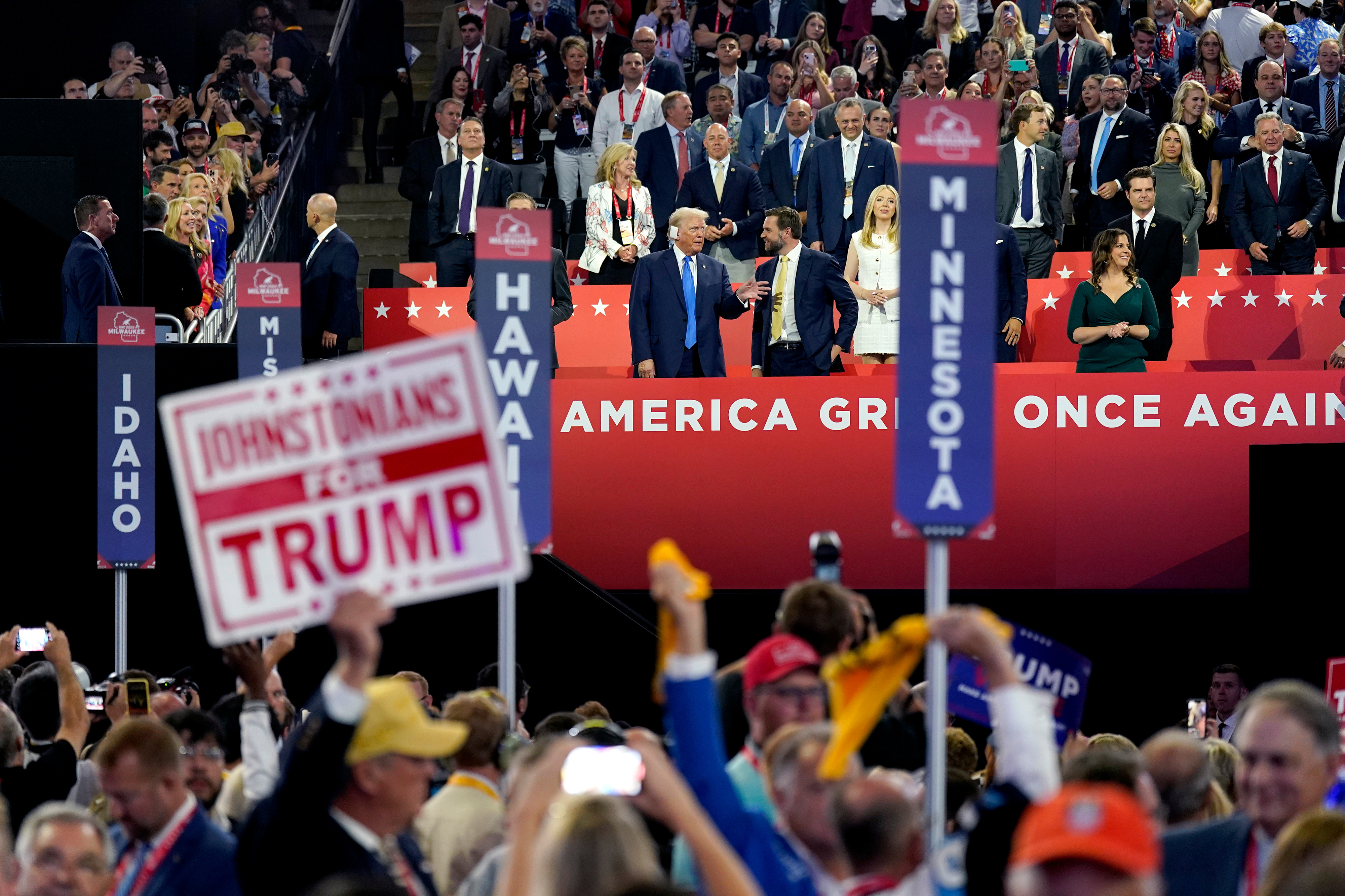
Each party holds a national convention to nominate its presidential and vice presidential candidates. Many states hold special primary elections to choose delegates to those conventions. In some states, the ballot lists presidential candidates. In others, it lists proposed delegates, who may have promised to support a certain candidate. Voters can support a candidate by voting for that person’s delegates. In still other states, local caucuses choose delegates to the national convention.
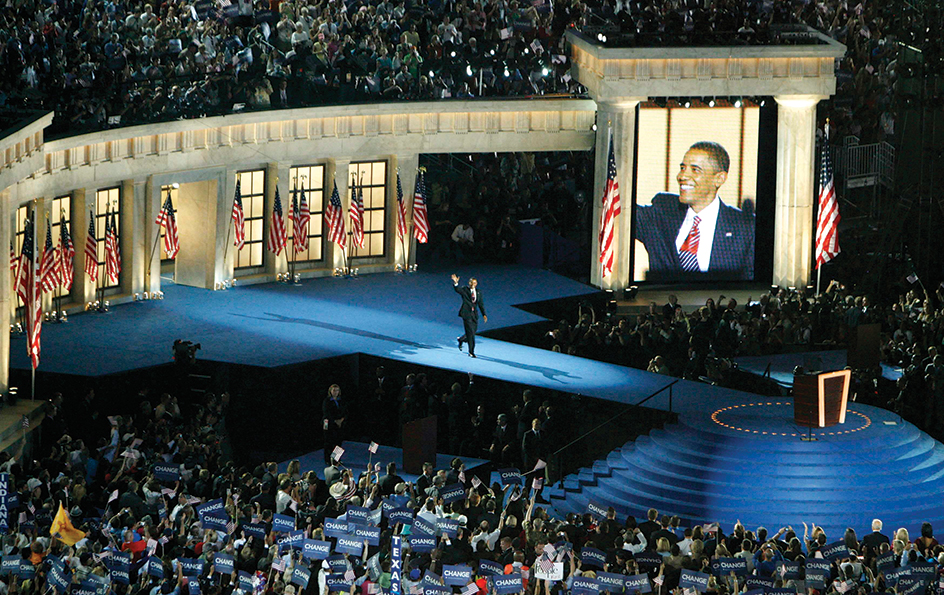
Election procedures.
Most elections are supervised on the local level by county election officials, who divide each county or ward into voting districts called precincts. Election officials determine the place where votes will be cast, called the polling place or the polls. They also check voters’ names against registration lists, hand out ballots, and supervise the depositing of marked ballots in ballot boxes. In most states, the officials at each polling place must represent the two major political parties. In some areas, citizens’ groups station observers called poll watchers at the polls to ensure that election officials perform their tasks honestly. 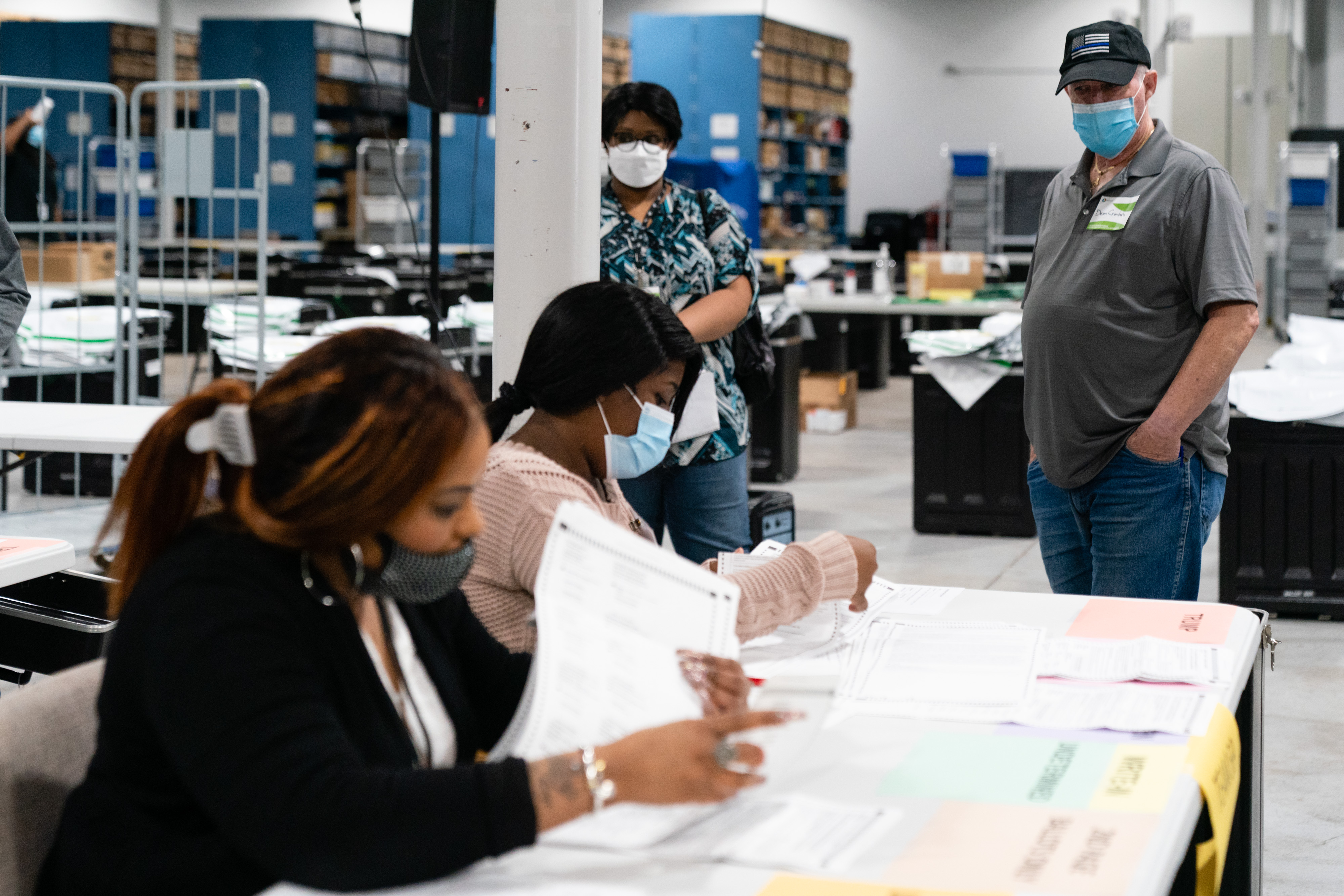
Voters indicate their choices privately in an enclosed voting booth. Nearly all precincts use voting machines that automatically record votes. 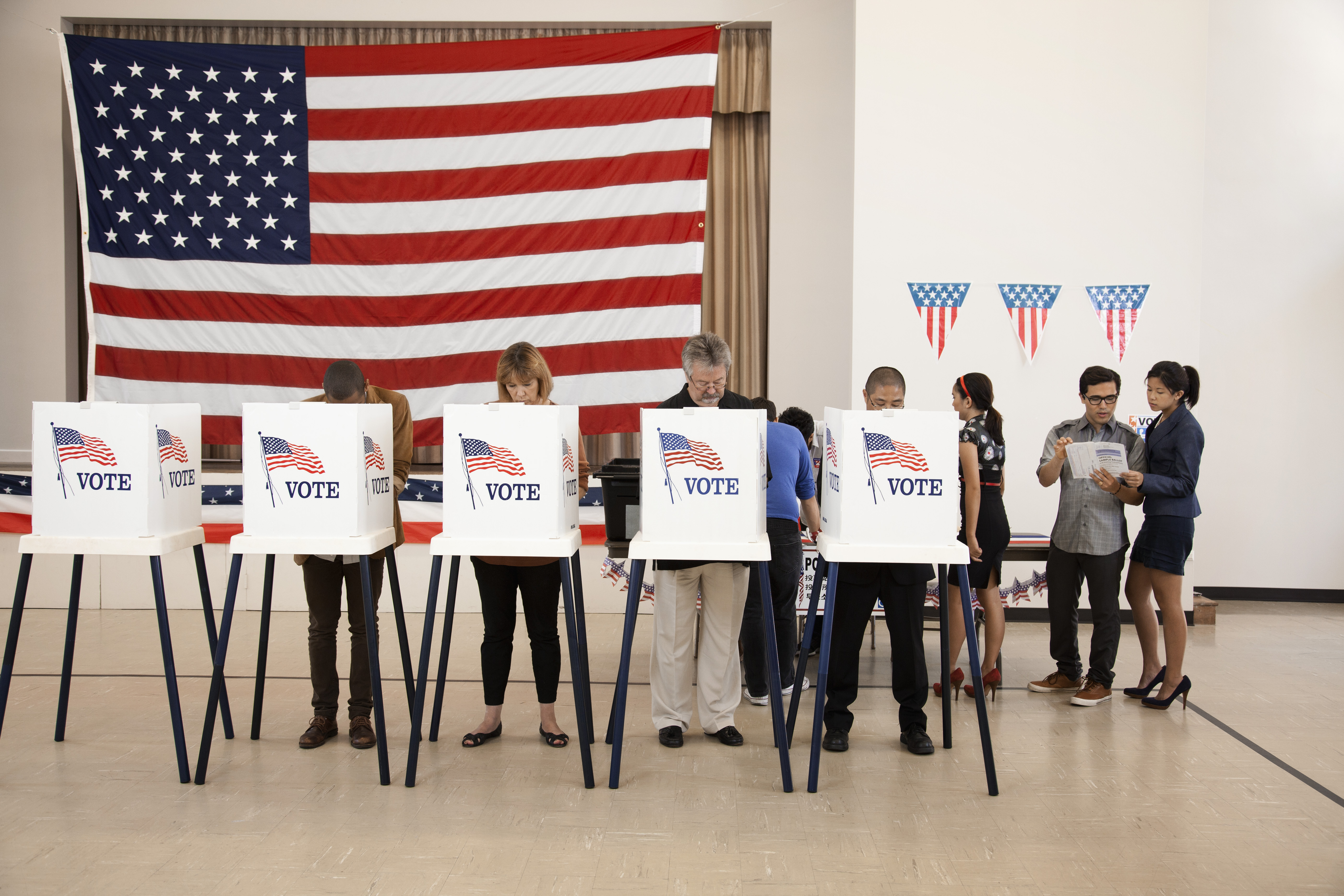
Most jurisdictions provide voters with the opportunity to cast their votes before Election Day. Many voters cast their ballots at early-voting polling sites. Others request mail-in ballots, which can be mailed in or dropped off at designated early-voting sites. Every state allows certain citizens to vote by absentee ballot before the election. These citizens include people in the armed services, college students, sick people, and certain travelers.
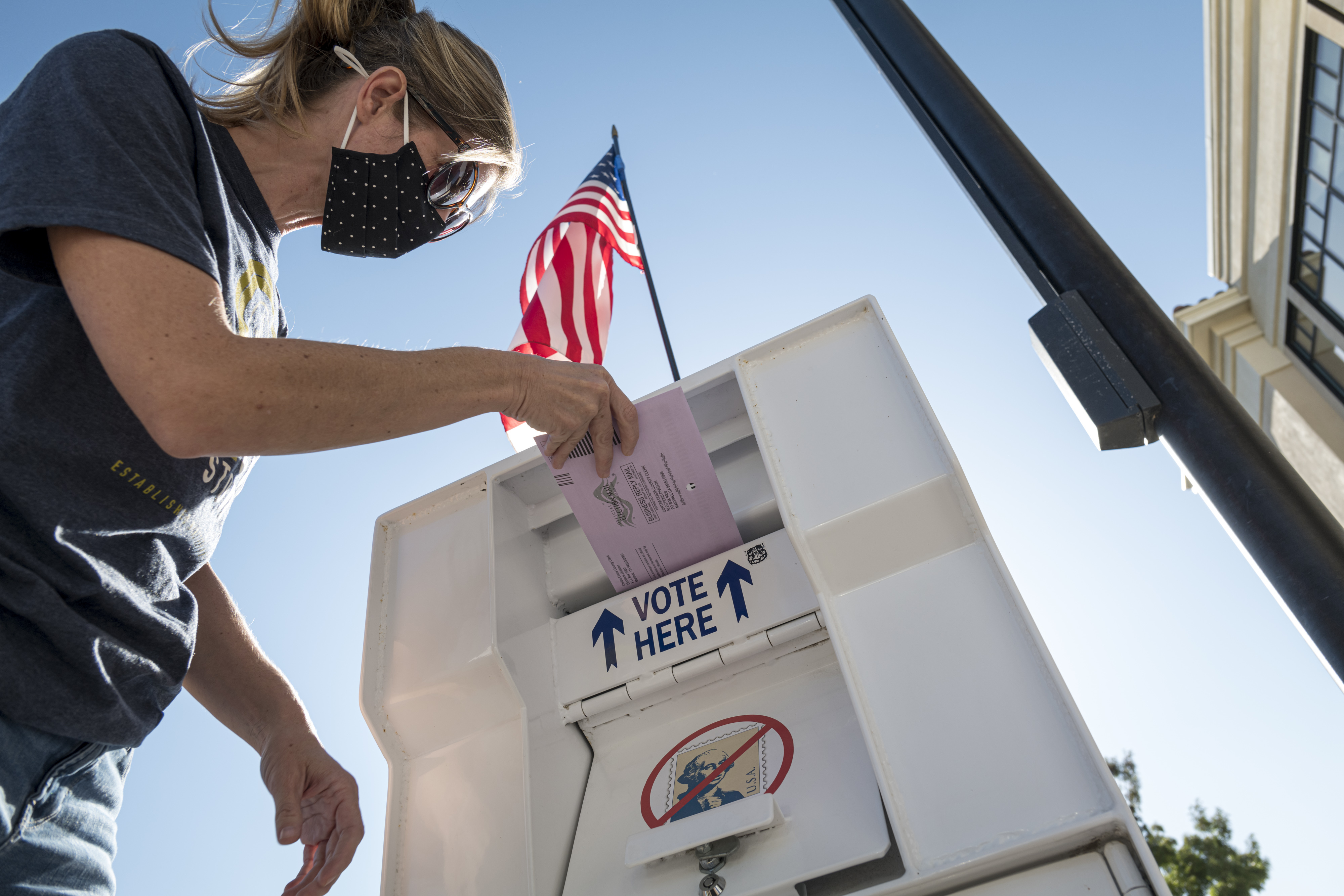
Polls where votes are cast generally remain open until evening on Election Day. After the polls close, election officials count the votes for each candidate, including early and absentee votes. In some states, it can take several days after Election Day to count every early vote and absentee ballot. Then, all ballots and tally sheets from voting machines are sent, under seal, to city or county officials or to boards of elections. The tallying and ballot collection is often conducted electronically through networks of computer servers. In some cases, these electronic ballots include a printed record as a backup for recounts. All state and national election results are filed with the chief election official, which in most states is the secretary of state. State and local officials then declare the winners in each race.
Federal and state laws define dishonest voting practices and provide severe penalties for them. Such violations include bribing voters, impersonating another voter, stuffing a ballot box with forged votes, and tampering with voting machines. In the United States, such violations have occurred rarely and on such a small scale that they have not affected outcomes. Laws also prohibit election officials from tampering with election results.
Rumors occasionally circulate about large-scale fraud occurring in U.S. elections. But these rumors typically are proven to be false rather easily. News organizations have paid large damages for contributing to the spread of false rumors about election fraud.
